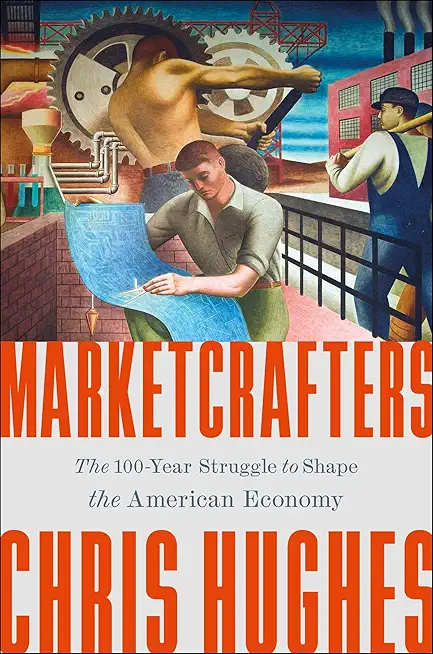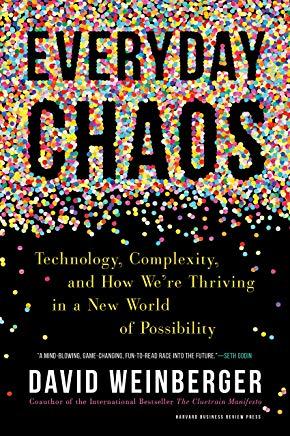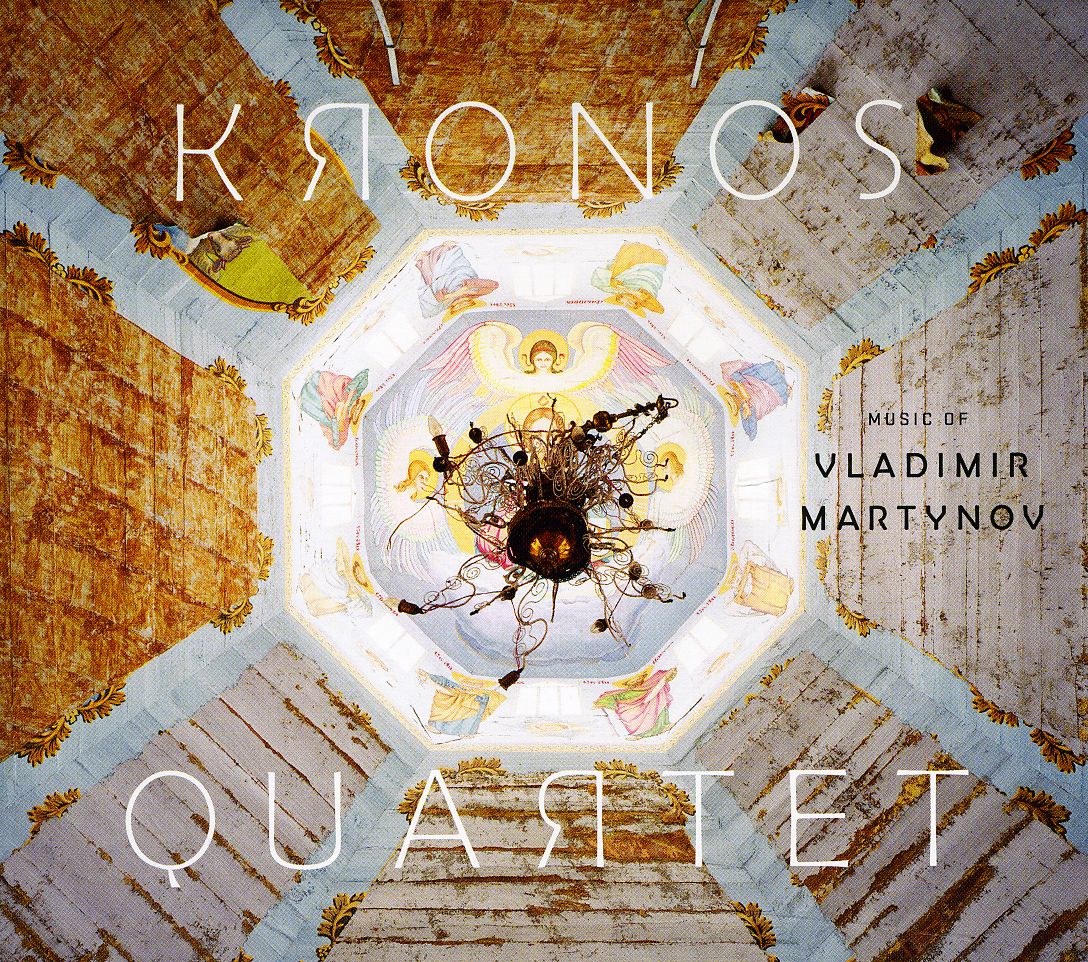
Hughes, Chris
product information
description
8A revelatory and unexpected history of the rise of American capitalism--and an argument that entrepreneurial leaders in government, not the mythical "free market," created the most dynamic economy the world has ever known. For many decades, a sacred myth has ruled the minds of policymakers and business leaders: free markets, untouched by the soiled hands of government, bring us prosperity and stability. But it's wrong. American policy makers, on the right and the left, have spent much of the past century actively shaping our markets for social and political goals. Their work behind the scenes and out of the headlines has served as a kind of "marketcraft," resembling the statecraft of international relations. Economist and writer Chris Hughes takes us on a journey through the modern history of American capitalism, relating the captivating stories of the most effective marketcrafters and the ones who bungled the job. He reveals how both Republicans and Democrats have consistently attempted to organize markets for social and political reasons, like avoiding gasoline shortages, reducing inflation, fostering the American aviation and semiconductor industries, fighting climate change, and supporting financial innovation. In recent decades, the art of marketcraft has been lost to history, replaced by the myth that markets work best when they are unfettered and free. Hughes argues that by rediscovering the triumphs and failures of past marketcrafters, we can shape future markets, such as those in artificial intelligence and clean power production, to be innovative, stable, and inclusive. Groundbreaking, timely, and illuminating, this is a must-read for anyone interested in economic policy, financial markets, and the future of the American economy.
member goods
No member items were found under this heading.
Return Policy
All sales are final
Shipping
No special shipping considerations available.
Shipping fees determined at checkout.







